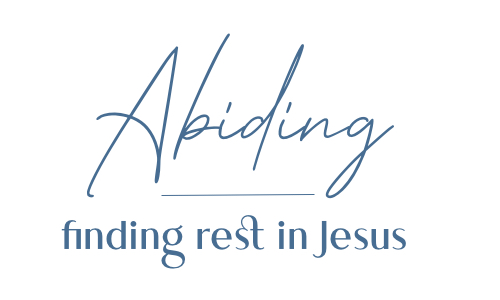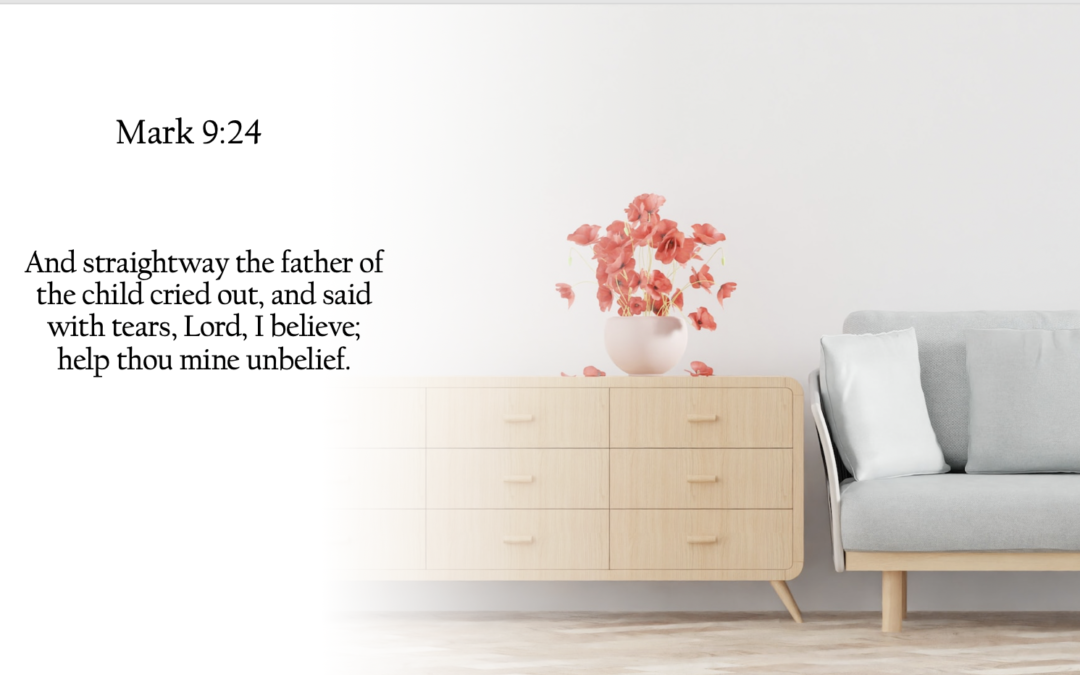Looking forward to hearing devotional thoughts from Delaney Johnston this week! You can learn more about her on our contributors page.
Trust.
The Oxford Dictionary defines it as both a noun and a verb—as a “firm belief in the reliability, truth, ability, or strength of someone or something” and as “having confidence in somebody; believing that somebody is good, sincere, or honest” simultaneously.
What I find so interesting about both of these definitions is how extro-spective they are. Trust—as a noun—finds its bedrock in the dependability of something or someone outside of itself; and trust—as a verb—is the intentional relinquishing of control to someone other than one’s self.
In other words, true trust moves beyond the self. It moves beyond the security of self-improvement, beyond the pressure of self-navigation, and beyond the shortsidedness of self-absorption.
It really is quite a magnificent thing, but if we’re honest, it’s also very unnatural. Just one glance through the gospels, and we quickly discover that trust was often a challenge—even for those closest to the Savior Himself. Was it not Peter who denied Jesus not just once, but three times, out of fear (Luke 22) and the apostles whose hearts were hardened regarding the splendor of Christ’s miracles (Mark 6)?
Disbelief, doubt, worry, and anxiety—these are things that, if not exterminated, can cloud our minds, burden our hearts, and engulf our souls. When we allow our goals to become demands, our dreams to become needs, and our desires to become idols, we often droop in discouragement, growing weary with the weight of such a burdensome load. Self-sovereignty may seem liberating on the surface, but in actuality, it is slavery.
Believer, may we learn to relinquish control to the One who knows our every need before we ever ask (Matt. 6:8), the One who is working all circumstances for our good and His glory (Rom. 8:28), and the One who promises to withhold no good thing from those who walk uprightly (Psalm 84:11). His promises are sure, and His faithfulness is steady (Rom. 4). If we can trust Christ with our eternity, we must also learn to trust Him with our daily concerns.
Trust is not easy, but it is through seasons of uncertainty and confusion that God can often do His greatest work. As Paul Tripp once wrote, “[God] is the ultimate craftsman, and we are His clay. He will not take us off His wheel until His fingers have molded us into those who really do believe and do not doubt.”
And until we get to a place such as Tripp describes, may we pray as did the boy’s father in Mark 9:24, “Lord, I believe; help thou mine unbelief.”


Recent Comments